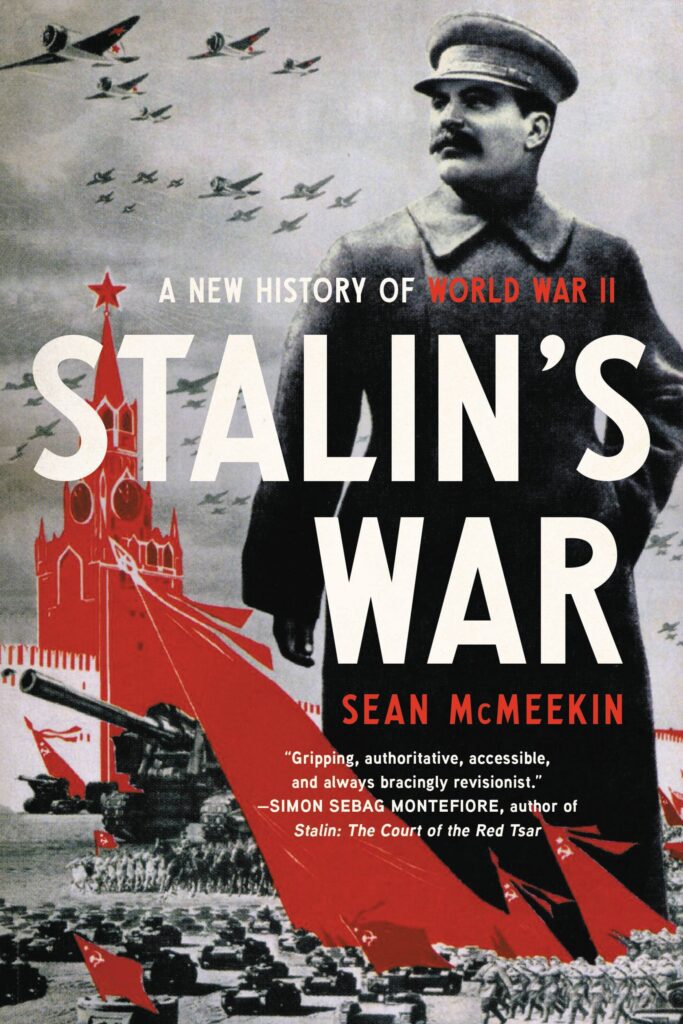This content discusses the role of the Ottoman Empire in World War I. It highlights the initial impression of the empire as a strong force and its decision to join the war on the side of the Central Powers. The content also mentions the Ottoman Empire’s successful defense of the Gallipoli peninsula and the subsequent defeat at the Siege of Kut. It details the Armenian Genocide, a dark aspect of the empire’s involvement, and the fall of Baghdad, which marked a significant blow to the empire’s control. The content concludes by discussing the legacy and impact of the Ottoman Empire’s involvement in the war.
The Ottoman Empire in World War I: From Triumph to Collapse
Introduction
The Ottoman Empire, one of the oldest and longest-lasting empires in history, played a significant role in World War I. Initially seen as a strong and formidable force, the empire’s involvement in the war ultimately led to its eventual collapse, as it struggled to adapt to the challenges of modern warfare and maintain its territories in the face of Allied powers.
The Early Impressions and the Ottoman Entry Into the War
At the outbreak of World War I in 1914, the Ottoman Empire initially favored neutrality, aiming to preserve its territorial integrity and maintain its standing in the region. However, powerful leaders within the empire, particularly Minister of War Enver Pasha, believed that joining the war on the side of the Central Powers – Germany and Austria-Hungary – would help the empire regain lost territories and strengthen its position.
The Siege of Kut and Triumph at Gallipoli
One of the early achievements of the Ottoman Empire in World War I was the successful defense of the Gallipoli peninsula. The Allied forces, primarily consisting of British, French, and ANZAC troops, launched a naval and land campaign to capture Constantinople (now Istanbul) and secure a vital supply route to Russia. However, the Ottomans, under the command of Mustafa Kemal Atatürk, put up a fierce resistance, inflicting heavy casualties on the Allies and ultimately repelling their attacks. This victory not only bolstered the morale of the Ottoman troops but also solidified their position on the European side.
However, this triumph was soon followed by a major setback for the Ottoman Empire. The Siege of Kut-al-Amara, a town in present-day Iraq, saw British forces besiege and ultimately capture an entire Ottoman army. This defeat not only demonstrated the Ottoman Empire’s vulnerability but also cut off its access to Mesopotamia, severing a crucial link to its territories in the east.
The Armenian Genocide
One of the darkest aspects of the Ottoman Empire’s involvement in World War I was the Armenian Genocide. The empire’s leaders, believing that the Armenians were collaborating with the enemy, implemented a systematic campaign of deportation, forced labor, and mass killings. As a result, an estimated 1.5 million Armenians lost their lives. The Armenian Genocide remains a significant point of contention and source of historical debate, with many nations recognizing it as the first genocide of the 20th century.
The Fall of Baghdad and the End of the Ottoman Empire
In 1917, British forces under General Edmund Allenby launched an offensive to capture Baghdad, which was a vital stronghold for the Ottoman Empire. The British were able to overcome Ottoman resistance and successfully take control of the city. This marked a significant blow to the empire’s control over its territories, as it lost one of its most important centers.
The empire’s fortunes further declined with the signing of the Armistice of Mudros in 1918, effectively ending Ottoman participation in the war. The terms of the armistice were harsh, forcing the empire to relinquish significant portions of its territory, dismantle its military capabilities, and accept occupation by the Allies.
Legacy and Impact
The Ottoman Empire’s involvement in World War I had far-reaching consequences. Its collapse led to the emergence of several modern nation-states, as the empire’s territories were divided among different European powers, including the establishment of modern Turkey under Mustafa Kemal Atatürk. The war also played a pivotal role in shaping the political, social, and territorial landscape of the Middle East, leading to the redrawing of borders and the birth of numerous conflicts that continue to resonate to this day.
In conclusion, the Ottoman Empire began World War I with a sense of triumph and the hope of territorial gains. However, the empire’s outdated military strategies, internal divisions, and the challenges posed by modern warfare ultimately led to its collapse. The empire’s involvement in the war, marked by victories and setbacks, also left a devastating legacy of conflict and loss that still impacts the region today.
